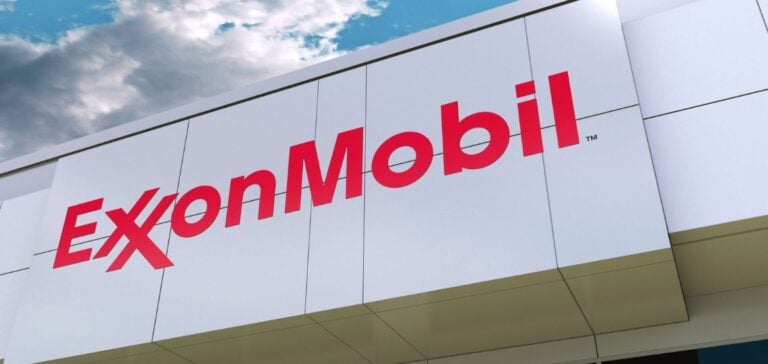On Wednesday April 3, ExxonMobil announced an expected operating profit of $6.65 billion for the quarter, down from $11.4 billion the previous year. Falling natural gas prices and inverse results on fuel derivatives had a major impact on the quarter’s results, contrasting sharply with last year’s solid financial performance.
Challenges for fuel derivatives and natural gas
The turnaround in fuel derivatives and lower natural gas prices cut Exxon’s profits by around $600 million compared with the fourth quarter of 2023. The company also reported that fuel derivatives reduced gains in gasoline and diesel margins, costing it around $1.1 billion compared with the previous quarter.
Maintenance costs and strategic expansion
Refinery maintenance costs also rose in the last quarter. Last year’s financial profits encouraged Exxon to pursue all-equity acquisitions, such as that of US shale oil producer Pioneer Natural Resources and carbon storage company Denbury.
Stock market positioning and pre-emptive rights
Exxon shares rose 16.2% in the first quarter, closing at $119.30 on Wednesday. The company is also claiming a right of first refusal on Hess Corp’s assets in Guyana, coveted in Chevron’s $53 billion bid, a claim currently being examined by an international arbitration panel.
Exxon Mobil is due to publish full results for the period on April 26. With the challenges posed by oil and gas prices, as well as losses on fuel derivatives, the market’s reaction to these announcements will be crucial in assessing Exxon’s robustness and strategy in a changing global energy environment.






















